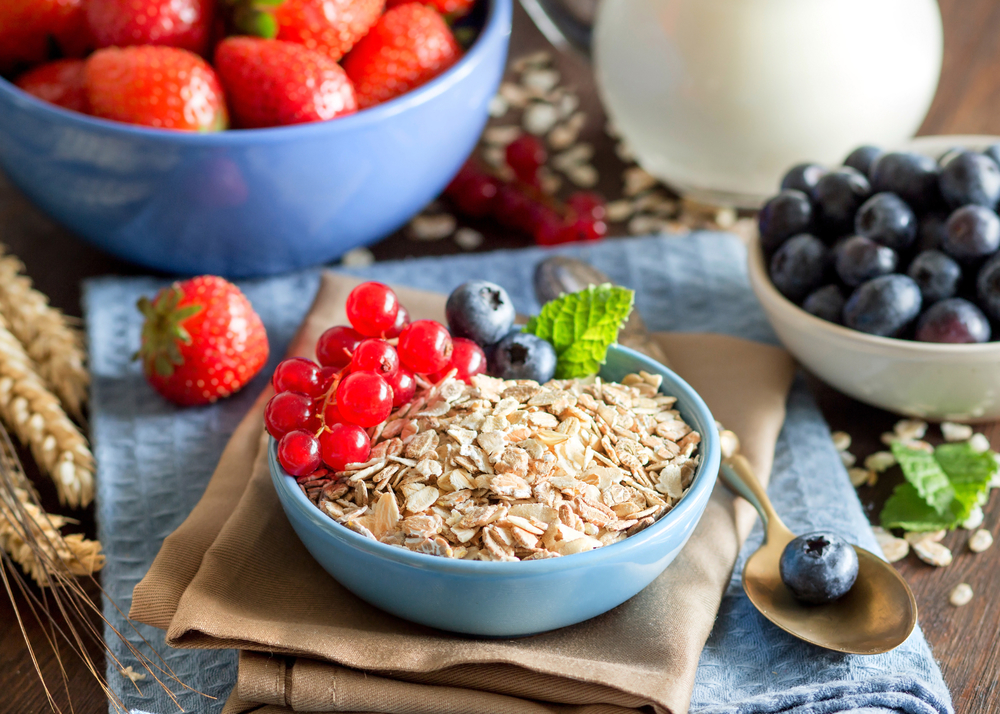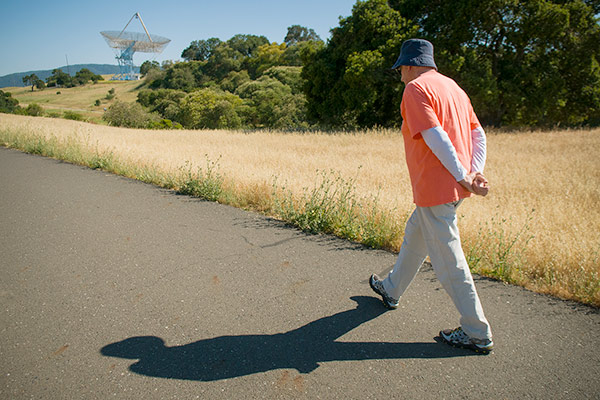Pancreatic cancer risk factors
 Pancreatic cancer is an extremely deadly cancer, known for high malignancy, difficult treatment and short survival. The prevention of pancreatic cancer makes a huge significance in lowering its mortality. There are some risk factors for pancreatic cancer that people should keep away from in daily life.
Pancreatic cancer is an extremely deadly cancer, known for high malignancy, difficult treatment and short survival. The prevention of pancreatic cancer makes a huge significance in lowering its mortality. There are some risk factors for pancreatic cancer that people should keep away from in daily life.
Smoking
Smoking is the only accept carcinogenic factor among many for pancreatic cancer. The International Agency for Research on Cancer (IARC) under the World Health Organisation (WHO) in 1986 clearly stated that smoking was associated with the increased risk of developing pancreatic cancer and this risk increases with the number of cigarettes smoked and the duration. An epidemiological survey of pancreatic cancer in China showed that the relative risk of pancreatic cancer in smoking population was 2.3 and that this relative risk returned to the level of never-smokers following quitting smoking for more than 10 years.
Overweight and obesity
Being overweight is a risk factor for a variety of cancers. Very overweight (obese) people are about 20% more likely to develop pancreatic cancer.
Workplace exposure to certain chemicals
Pancreatic cancer rarely occurs in mammals other than humans, suggesting that long-term occupational and environmental exposure may be the cause of pancreatic cancer. Animal testings confirmed that many chemicals can directly induce pancreatic cancer, such as methyl nitrosourea (MNU), methyl nitrosourea (MNUT), dimethylbenzene propane (DMBA) and azaserine. Workplace exposure to oil, insecticides, radiation, asbestos, chromates and synthetic resins will lead to a higher incidence of pancreatic cancer.
Diet
A large number of studies have confirmed the link between the occurrence of pancreatic cancer and diet. A high-protein, high-cholesterol diet increases the risk of getting pancreatic cancer, and overnutrition also increases the chance of developing pancreatic cancer. Instead, diets rich in fresh fruits, vegetables, fiber and vitamin C can help prevent pancreatic cancer.
Diabetes
It is reported that nearly 3 in 10 patients with pancreatic cancer will have high urine glucose and 1 in 5 people will have hyperglycemia. It was reported that more than 80% of the diabetes cases in patients with pancreatic cancer were diagnosed fewer than 12 months before the cancer diagnosis or during the cancer course. Patients with sudden onset diabetes, especially atypical diabetes should be alert to the risk of developing pancreatic cancer.
Chronic pancreatitis
Chronic pancreatitis is usually considered a risk factor for pancreatic adenocarcinoma, mainly because they often occur simultaneously and have the same pathogenic factors. Hereditary chronic pancreatitis is a rare autosomal dominant hereditary disease with a penetrance rate of about 80%. Up to one-third of hereditary chronic pancreatitis may develop pancreatic cancer.
Surgical history
It was reported that patients who received digestive system surgeries like cholecystectomy and gastrectomy, had an increased risk of developing pancreatic cancer. In addition, tonsillectomy was also reported to be associated with the occurrence of pancreatic cancer. However, there is no strong evidence to support these reports.
Alcohol
Some studies have shown a link between heavy alcohol use and pancreatic cancer. This link is still not certain, but heavy alcohol use can lead to conditions such as chronic pancreatitis and cirrhosis, which are known to increase pancreatic cancer risk.


